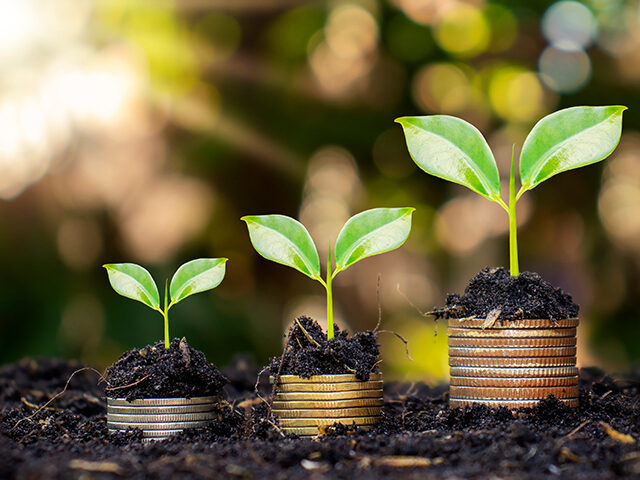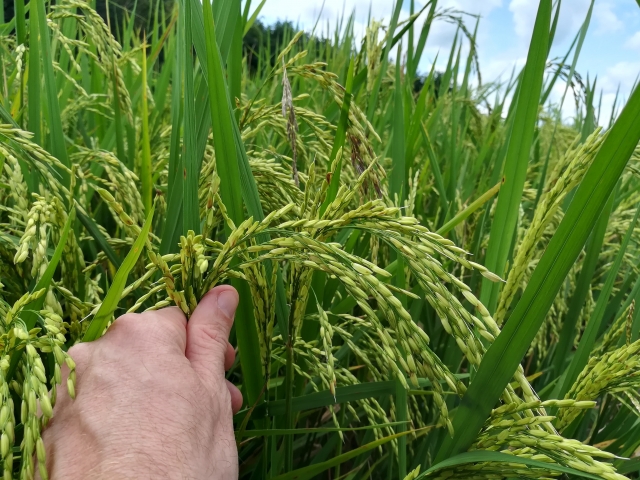
Sustainable agriculture is not just a buzzword; it’s a necessity for the future of our planet and the well-being of humanity. As the global population continues to grow, there is an increasing demand for food production. However, the traditional methods of agriculture have often been detrimental to the environment, leading to soil degradation, water pollution, and deforestation. In this article, we will explore the critical role of sustainable agriculture in feeding the world’s population while preserving our planet.
The Need for Sustainable Agriculture
Growing Global Population
The world’s population is on an upward trajectory, with estimates suggesting it will reach 9.7 billion by 2050. This population growth presents a significant challenge: how do we feed billions more people without causing irreparable harm to our environment? Sustainable agriculture holds the key to this dilemma.
Environmental Impact of Conventional Agriculture
Traditional farming practices have taken a toll on the environment. The use of chemical fertilizers and pesticides has led to soil degradation and contamination of water sources. Large-scale monoculture farming has resulted in the loss of biodiversity and increased vulnerability to pests and diseases. Additionally, deforestation to make way for agricultural land has contributed to climate change.
The Principles of Sustainable Agriculture
Sustainable agriculture focuses on long-term viability rather than short-term gains. It employs several key principles:
1. Crop Rotation
Crop rotation is the practice of alternating the types of crops grown in a particular field over time. This helps prevent soil depletion, reduces the buildup of pests and diseases, and promotes biodiversity.
2. Organic Farming
Organic farming avoids the use of synthetic chemicals, relying on natural processes to enhance soil fertility and control pests. It reduces the environmental impact of agriculture and produces healthier food.
3. Conservation Tillage
Conservation tillage minimizes soil disturbance, reducing erosion and preserving soil structure. It also saves energy and reduces greenhouse gas emissions.
4. Agroforestry
Agroforestry integrates trees and shrubs into agricultural systems. This practice enhances biodiversity, sequesters carbon, and provides additional sources of income for farmers.
5. Sustainable Water Management
Efficient water use and responsible management of water resources are vital components of sustainable agriculture. Techniques such as drip irrigation and rainwater harvesting can significantly reduce water wastage.
Benefits of Sustainable Agriculture
1. Environmental Conservation
Sustainable agriculture protects natural resources, including soil, water, and forests. It helps mitigate climate change by sequestering carbon and reducing greenhouse gas emissions.
2. Improved Food Security
By diversifying crops and reducing reliance on chemical inputs, sustainable agriculture increases food security. It makes farming more resilient to climate change and market fluctuations.
3. Healthier Food
Organic farming practices result in food that is free from harmful pesticides and synthetic chemicals. This contributes to improved public health.
4. Economic Viability
Sustainable agriculture can be economically viable for farmers. It reduces input costs, enhances soil fertility, and opens up niche markets for organic and sustainably grown products.

Challenges and Future Directions
While sustainable agriculture offers promising solutions, it is not without its challenges. Transitioning from conventional farming practices to sustainable ones can be costly and requires education and training for farmers. Additionally, there is a need for supportive policies and incentives to promote sustainable agriculture on a global scale.
In the future, research and innovation will play a crucial role in advancing sustainable agriculture. This includes developing drought-resistant crops, precision agriculture technologies, and sustainable aquaculture practices.
Conclusion
Sustainable agriculture is not a luxury; it is a necessity. It provides a path to feed the world’s growing population while safeguarding the planet for future generations. By embracing the principles of sustainability and supporting sustainable agriculture practices, we can create a more food-secure and environmentally responsible world. Please take a look at this post to learn more about sustainability.

